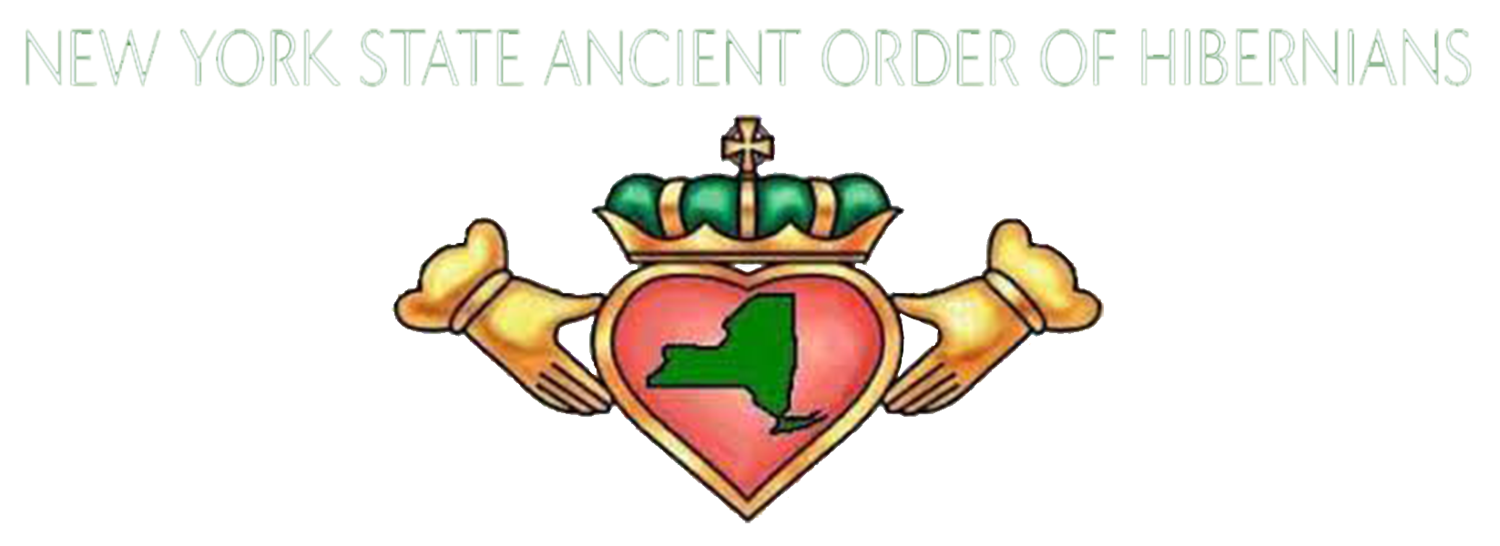Commodore John Barry
Séan Ó Beargha (John Barry) was born on March 25, 1745, in a thatched cottage in in Ballysampson, Tacumshane, County Wexford, Ireland to a Catholic family. When Barry's family was evicted from their home by their English landlord, they moved to Rosslare on the coast where his uncle worked a fishing skiff.
He decided at an early age to follow his uncle to sea. Barry started out as a ship's cabin boy, and graduated from seaman to able seaman and ultimately, a Mate's rating. Barry grew to be a tall, muscular, well-respected seaman. At a young age he learned of the massacre of 3,000 Wexfordians under an invading force led by Oliver Cromwell in 1649. This led to his lifelong hatred of oppression and the British. He emigrated to Philadelphia as a teenager and by 1760 he was employed in a shipbuilding firm. In 1766, at the age of 21, he went to sea as Captain of the ship, Barbados.
In 1775, years of unrest erupted in open rebellion as the American colonies declared their independence from the Crown. As England prepared to regain control of the situation, the colonies formed the Second Continental Congress to establish a military force, and defend their recently declared independence, but experienced men were hard to find. Captain John Barry, an early champion of the patriot cause, promptly volunteered his service.
With nine years of experience as a seagoing Captain, and five successful commands to his credit, the young Irishman was warmly welcomed, and given command of a ship under the authority of the Continental Congress. On Dec. 7, 1775, eight months after the first shots were fired at Lexington, Captain John Barry took the helm of a new 14-gun vessel aptly named, Lexington. He quickly trained a crew and began the task of supplying and supporting Washington's ground forces.
On April 7, 1776, just four months after he had taken command, Captain Barry captured the British ship, Edward, and her cargo—the first American war prize. On June 6, he was given command of the new cruiser, Effingham, and captured two more British ships. Despite Barry's successes, the war was not going well for the Americans: Philadelphia was in the hands of the British; the British Navy had bottled up the Delaware River; General Benedict Arnold had betrayed West Point and gone over to the British; and Washington's troops were in dire need. A victory was essential to boost their sagging morale. Barry captured an armed British vessel when ammunition was scarce, and a supply ship when food was at a premium, he then came to Washington's aid when the leader was planning to cross the Delaware. He organized seamen and joined the land forces which crossed in boats supplied by Barry's friend, County Cavan born Patrick Colvin who owned a nearby ferry.
Barry was held in such high esteem that after the Delaware crossing and the subsequent victories at Trenton and Princeton, in which he served as an aide to Washington, Lord Howe offered Barry a commission to desert the patriot cause. "Not the value or command of the whole British fleet,” Barry replied, "can lure me from the cause of my country which is liberty and freedom."
In addition to commanding naval operations for the Continental Congress, Barry supervised the building of their ships. In command of one of those ships in 1781, when Washington was again in need, Barry captured four important British vessels. Washington personally thanked him for the boost it provided and sent his fearless Captain back into the fray. During a confrontation on May 28, 1781, Barry was wounded and taken below. Subsequently, his First Officer informed him that the battle was going against them, and Barry ordered that he be carried back on deck. When the British demanded his surrender, Barry defiantly refused and sparked his crew to victory. The wounded Captain returned with yet another prize. The last sea battle of the American Revolution took place on March 10, 1783, as Barry was returning with a shipload of bullion from Havana and was set upon by three British ships. The resourceful Captain engaged and destroyed one, and outdistanced the other two, returning with the precious cargo which was used to establish a National Bank for the new nation. After the war, Barry assisted America by transporting Virginia tobacco to Holland to repay America's war debt.
In recognition of his vast experience and dedication, Washington demonstrated Barry's value to the new nation when, in 1794, he sent for the popular naval hero and asked him to form and train a class of midshipmen, who would then be commissioned as Ensigns and form the nucleus of a new American Navy. Barry himself was named the ranking officer and granted Commission number one.
Commodore John Barry had many firsts to his credit from being the first to fly the new American flag in battle to escorting America's famous ally, General Lafayette, back to France, but the first that he should always be remembered for is his position as the First Flag Officer of the United States Navy and another of the Irish who helped to shape America.


